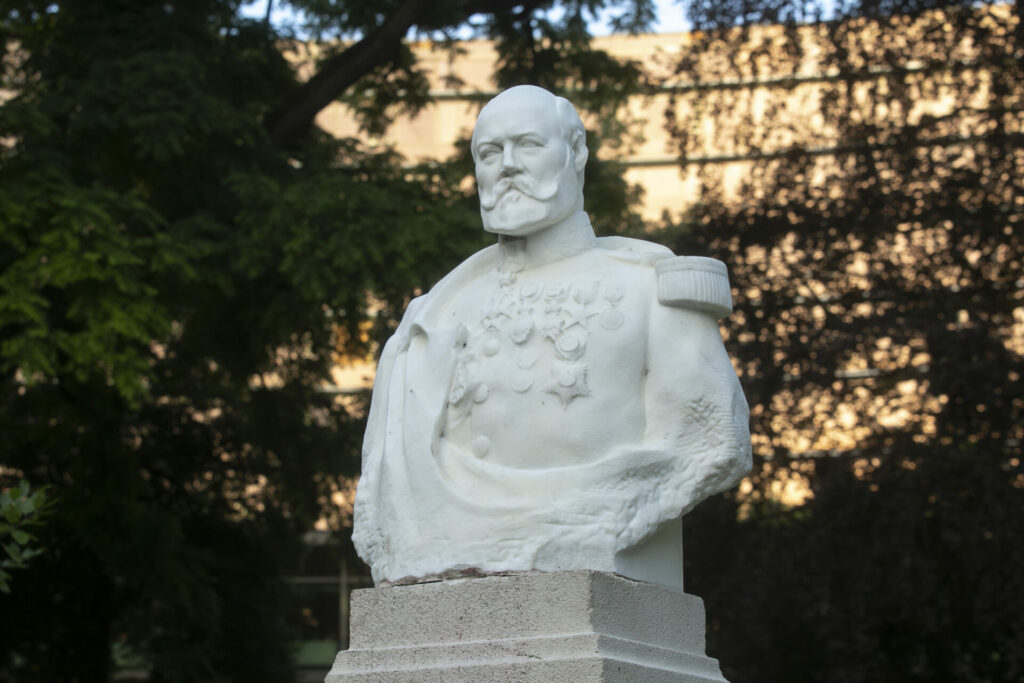The Commission tasked with investigating Belgium's colonial past in 2020 never published a final report due to intense political disagreement. "Minds were not ready," committee chair Wouter De Vriendt (Groen) stated after another vote fell through on Monday.
Between 2020 and 2022, the Commission spoke to hundreds of individuals including members of the diaspora, experts, people working in the field and former diplomats to examine Belgium's colonial past. It conducted its work both in Belgium and its former colonies (Democratic Republic of Congo, Rwanda and Burundi).
Its activities were hindered on 19 December 2022, however, when the vote on De Vriendt's recommendations came to a halt. Liberals from parties Open Vld and Mouvement Reformateur left the room, announcing their refusal to participate in such a divisive issue. After one year of standstill, the same camp has derailed the vote for a second time.
De Vriendt expressed frustration at the lack of political will to bring the project forward. "Political debate is an inevitable everyday activity in Parliament," he told Belga News Agency. "To be fair, transparent and respectful of history, this report must be completed. It has been blocked for over a year now."
Anatomy of an apology
De Vriendt has recommended that Belgium should apologise for its colonial past. Those who walked out on the vote believe an apology will lead to financial reparations, and argue that King Philippe's expression of "deepest regrets" about Belgian colonialism in 2022 is a sufficient gesture.
Left-wing politicians, meanwhile, believe an apology is an essential step toward reconciliation. MPs from Green parties Groen and Ecolo, the Socialist Party (PS) and the Belgian Worker's Party (PTB-PVDA) constitute the drive to make the Commission's work achieve something worthwhile.
"It's absurd: two years of work, hundreds of people interviewed," said vice-chair Christophe Lacroix (PS). "It's a question of respect for them. Socialists demand that this report be published."

